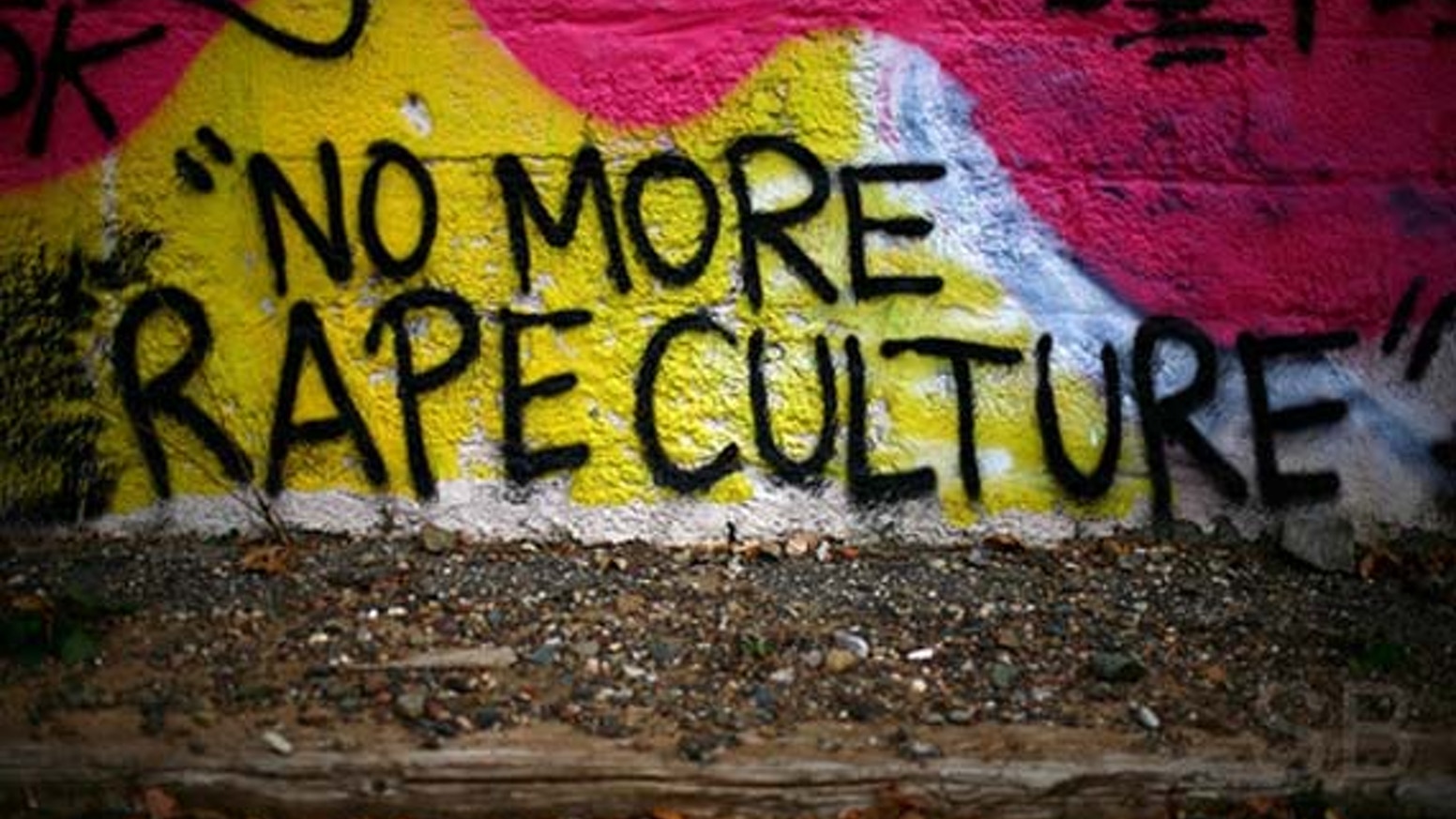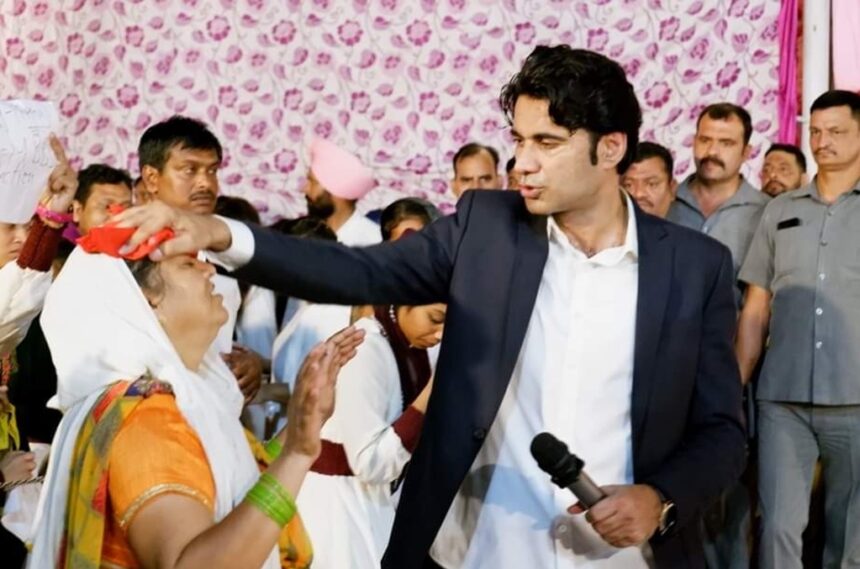A criminal court in India has sentenced Christian preacher Bajinder Singh to life imprisonment for raping a woman in 2018. The woman alleged that Singh assaulted her at his home in Punjab, recorded the incident, and later used the video to blackmail her.
Singh, known for his large following, gained popularity through his charismatic preaching and public events. He claimed to heal illnesses by laying his hands on followers. His church, the Church of Glory and Wisdom, is one of Punjab’s largest private churches. It reportedly has branches in countries like the US, UK, and Canada, and has drawn the attention of Bollywood celebrities.
Singh has a significant social media presence, with over three million YouTube subscribers. He is often seen wearing sharp suits during his sessions, delivering passionate sermons, and making bold claims about bringing wealth and curing diseases.
Viral videos show him placing his hands on congregants, who then react dramatically, claiming miraculous recoveries.
On Tuesday, the court sentenced Singh in the 2018 rape case. Anil Sagar, the lawyer for the victim, welcomed the decision, calling it a strong message against those who exploit their influence to harm vulnerable individuals.
So far, Singh’s legal team has not commented on the case. He is expected to appeal the ruling in a higher court.
Singh is also facing other allegations. In February, police launched investigations after a former follower accused him of sexual assault. Shortly after, another woman came forward with claims of being assaulted by him after a prayer session. Singh has denied these accusations.
His churches have also been scrutinized for financial matters. In January 2022, some of his church facilities were investigated by India’s income tax authorities.
Singh, originally from Haryana and born into a Hindu family, converted to Christianity approximately 15 years ago while he was in prison. Reports suggest he was jailed in connection with a murder case, though he has not publicly addressed these claims.
On his website, Singh states that his conversion happened after someone gave him a Bible, which he says changed his life. He refers to himself as a “prophet” and offers services like healing with holy oil and water.
Despite the controversies and criminal cases against him, Singh continues to have supporters who defend him. He has blamed negative media coverage on rival pastors and what he describes as orchestrated efforts to bring him down.

Rape Culture in India: A Persistent Issue
Rape culture in India is a deep-rooted societal problem, shaped by patriarchal values, gender inequality, and systemic shortcomings. It describes a society where sexual violence is normalized or dismissed, and where attitudes and practices often excuse or tolerate rape. This issue has been a challenge for India for many years.
A significant aspect of rape culture in India is the widespread tendency to blame victims. Women are frequently held responsible for the violence they endure, with scrutiny placed on their clothing, actions, or presence in public spaces.
This shifts accountability away from perpetrators and onto survivors, reinforcing the idea that women must limit their freedoms to stay safe. These harmful attitudes are reinforced by various sources, including media, Bollywood films, and even comments from public figures. Statements suggesting that women provoke violence by rejecting traditional roles only perpetuate this mindset.
Patriarchy plays a central role in sustaining rape culture by promoting male dominance and entitlement. In many communities, rigid gender norms place men in positions of power over women, with sexual violence often used as a tool to enforce this imbalance.
One glaring example is the lack of legal recognition for marital rape in India, which reflects the belief that a wife’s consent is irrelevant. Additionally, caste and class inequalities worsen the problem. Marginalized groups, such as Dalit women, face greater risks of sexual violence and often encounter barriers when seeking justice.
Failures in India’s Justice System
India’s justice system also contributes to rape culture through inefficiency and lack of sensitivity. Despite reforms introduced after the Nirbhaya case, such as stricter penalties and faster trials, conviction rates remain low.
Victims are often discouraged by police from filing complaints, and lengthy legal processes combined with societal stigma deter many from speaking out. Official records from 2021 show over 31,000 reported rape cases, though experts believe the actual number is much higher due to underreporting.
Efforts to combat rape culture in India require a comprehensive approach. This includes education to challenge gender stereotypes, better enforcement of laws, and cultural changes that emphasize consent and accountability.
Grassroots organizations and feminist movements are working to create awareness, but changing entrenched attitudes remains a significant hurdle. Until society collectively rejects the normalization of sexual violence, progress toward gender equality in India will remain incomplete.
Related News:
India’s Parliament Passes Controversial Waqf Amendment Bill 2025

Geoff Thomas is an award winning journalist known for his sharp insights and no-nonsense reporting style. Over the years he has worked for Reuters and the Canadian Press covering everything from political scandals to human interest stories. He brings a clear and direct approach to his work.














